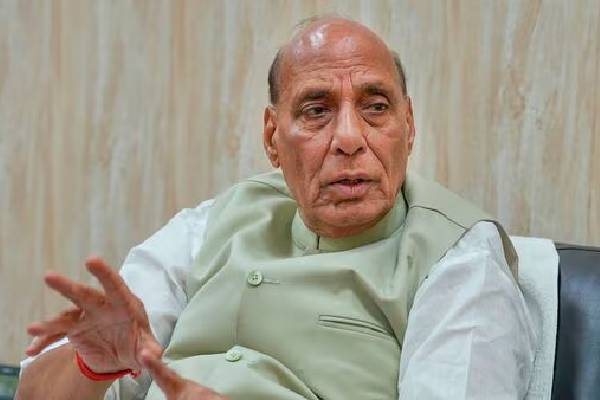Gandhi Hospital, which was designated as Covid-19 hospital, is teeming with corona positive patients as infection cases are on the surge in Telangana even as doctors are working over-time treating patients.
With 100 patients admitted on Friday and 200 on Saturday, Gandhi Hospital has reached its full capacity. As on May 26, Gandhi Hospital was treating 659 Covid-19 cases. This number has reached 1,455 with 805 new Covid-19 cases admitted in the hospital in just 10 days. The pandemic is wreaking havoc by increasing the pressure on an already overstretched healthcare system. Gandhi Hospital currently has 1,160 capacity. The health Department has decided to allot 350 additional beds to Gandhi Hospital by expanding its infrastructure, taking the total bed capacity to 1,510. Most of the beds are occupied. In May, there has been a steady rise in the number of Covid-19 cases putting extraordinary pressure on doctors, nurses and other para-medic staff. “Our staff is working relentlessly. We reach home at midnight after daily monitoring of how many patients are admitted, discharged and under treatment,” said Gandhi Hospital Superintendent Professor Rajarao. Two floors of the Library Block and another two of the OP Block in the hospital would be taken over and converted into treatment wards, he said.
India has lifted its complete lockdown in non-containment zones from June 8. Transport and most businesses like malls, restaurants and places of worship have re-opened although cinemas, theatres and schools remain closed. The move could see a spurt in corona cases, experts believe.
Meanwhile, to lessen the strain, the Telangana government wants to ensure only priority patients are going to emergency rooms and that patients who don’t urgently need hospitalisation can stay at home. Health minister Eetala Rajender on Sunday issued guidelines for home isolation of very mild and pre-symptomatic Covid-19 cases under which a patient can stay at home. The central government had earlier this month allowed states to treat those with mild symptoms at home. Such patients should self-isolate themselves completely and not come in contact with other family members. “This was done to reduce the burden on hospitals and ensure that severely ill patients were treated first. It is the need of the hour that all the people who have mild symptoms can stay at home and take treatment. They need to maintain strict vigil and practice the laid down protocols of social distancing and personal hygiene,” Eetala Rajender noted. The new guidelines are likely to ease the burden on the healthcare staff, he said.

































